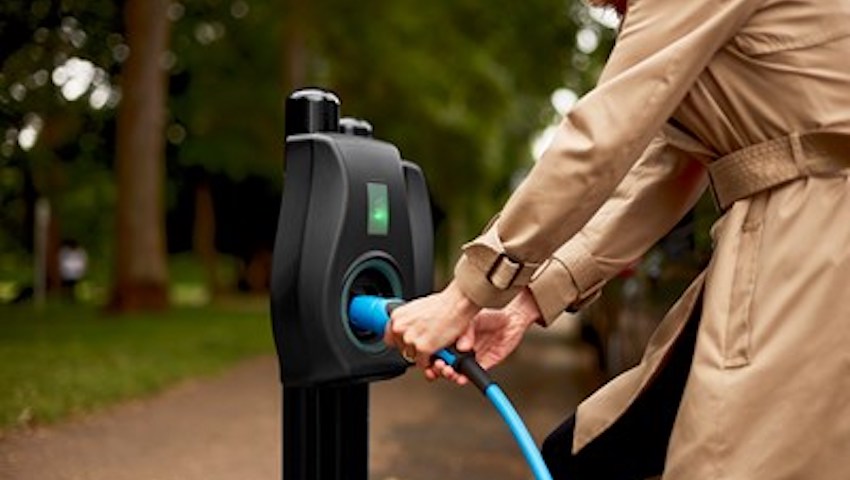Connected Kerb to install 1,000 EV chargers across Gloucestershire
Gloucestershire County Council is to install 1,000 EV chargers across the region over the next three years, with help from Connected Kerb.
The council has started working with district and parish councils to identify suitable locations and is bidding for government funding to accelerate this work and benefit smaller communities. Residents are being asked to give their views on where they think charging points should be located, to help map demand and plan for electric vehicle charging.
The programme aims to prioritise access to charging points for the one third of residents who do not have off-street parking and charging, taking Gloucestershire one step closer to decarbonising transport.
Cllr David Gray, cabinet member for environment and planning, said: “It’s really positive news that we are moving ahead with our plans to install 1,000 electric vehicle charging points around the county. Electric vehicles cut emissions, improve air quality and reduce noise pollution, so please get in touch to help us plan where these charging points should be installed.”
Chris Pateman-Jones, CEO of Connected Kerb, said: “We are delighted to be delivering the largest single installation of EV charging points in the south-west for Gloucestershire County Council. I have no doubt that the roll-out of Connected Kerb’s long-lasting, sustainable charging infrastructure will make a major contribution to the county’s efforts to improve air quality and make EV charging affordable and accessible for residents without driveways ahead of 2030.”
Connected Kerb’s chargers are made from recycled materials, use renewable energy and will be accessible to people with disabilities. They have also committed to recruiting local workers and apprentices.
Around one third of carbon dioxide (CO2) emissions in Gloucestershire come from transport and private vehicle use accounts for over half of this (55%). However, switching from fossil fuel to electric vehicles has the potential to reduce these figures significantly, so electric vehicles are a key element in the council’s strategy for reducing emissions and tackling the climate emergency.






